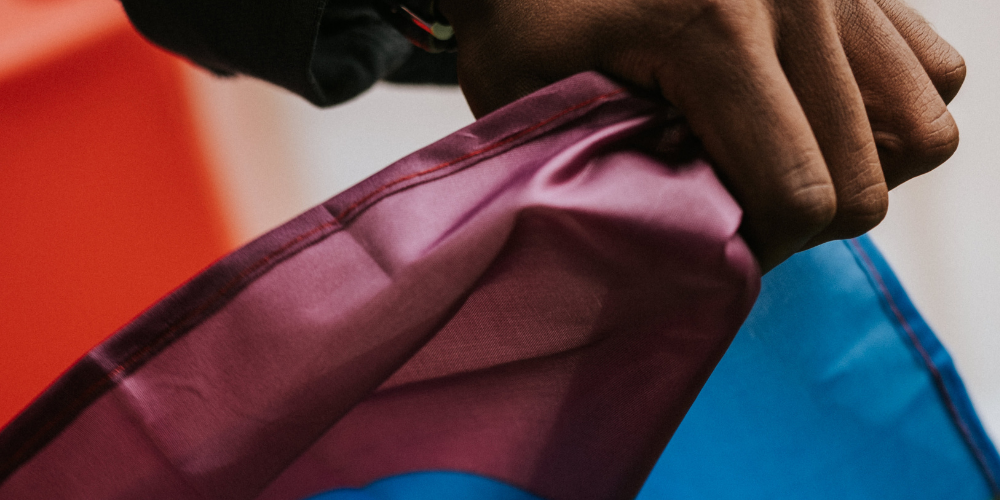On a number of occasions, various researchers or journalists have asked me if I can introduce them to LGBTQI activists or organisations. I always struggle with requests like these. What are they looking for exactly I wonder? Someone who has LGBTQI in their Twitter bio? An out lesbian? Or could it be someone who speaks up on a range of issues affecting women including LGBTQI rights? So my response tends to differ from day to day. Sometimes I say, ‘I speak up on all feminist issues including LGBTQI issues’, but then I wonder, am I claiming and taking space that is not mine to take? Often I get the sense that the people asking me to introduce them to lesbian activists want a ‘proper’ lesbian, one who looks the part, and can speak to the discrimination and stigma she faces in a society like Ghana. And that’s not something I can speak to as a straight presenting woman who is currently in a relationship with a man. Once or twice I’ve reached out to one of my friends and said something along the lines of, ‘Hey, this journalist wants to interview a lesbian activist, are you interested?’ Her answer the last time I asked her this was no, only for her to turn around and tell me a few months later, ‘Do you remember that person you wanted to introduce me to? I ended up meeting up with her. Lots of people just kept reaching out to me asking if they could do an introduction and eventually I gave in.’ That makes me feel bad. I don’t want my friend to be treated like the only gay in the village. I don’t think only people who are out, or even only people from LGBTQI communities should speak up for their rights and justice. At the same time I know that certain voices need to be centred, and I recognize that those that are the most marginalized, and stigmatized should be the ones whose stories get privileged. But how does one do this practically in a country such as Ghana where homophobia and stigma means that these voices often do not desire, or feel safe enough to claim the spotlight.
If I choose to speak up about LGBTQI issues in the media am I taking up space that someone else needs to hold? Thoughts? Please share in the comments box.









4 comments On Who should speak for LGBTQI people?
Check with the Human Rights Advocacy Centre -HRAC. They have an LGBTQI desk.
Thanks so much Vanessa. Super helpful
Hi, Queen. You are definitely entitled to speak out for LGBTQI because you know how. Always giving the opportunity to other people (LGBTQI or not) to also contribute is something you know how to do. So keep up, my friend.
As you have commented about the sensitivity of this topic. The Western world is just making headways about the LGBTQI issues. Africa is not ready for any imminent law changes, but slow talk can be achieved. Therefore, you are an advocate and activist that has had the courage to represent the community for whatever lifestyle you live including heterosexual. You must look at yourself as a trailblazer and accept that responsibility as such and one day others will stand in the gap. This is about human rights and we don’t have to live the lifestyle to understand humanity.